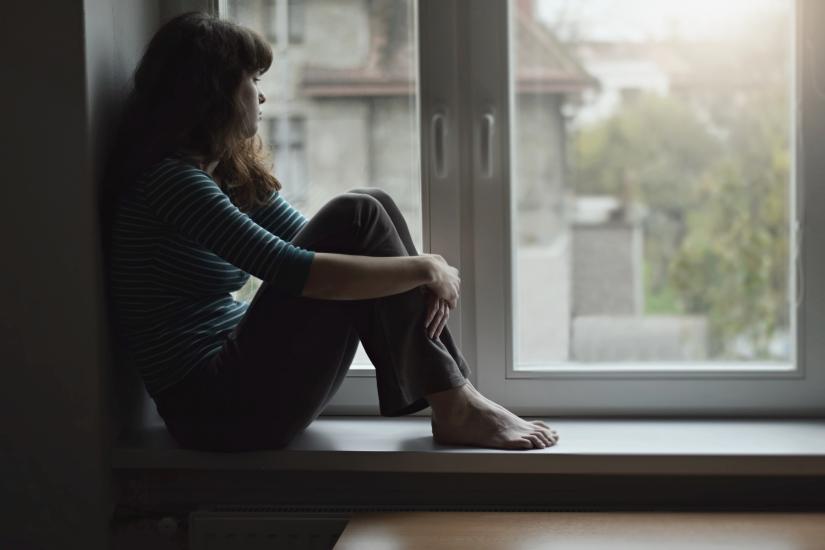A new study using data from Covid-19 lockdowns in Australia suggests that physical isolation does not lead to an increase in loneliness.

Image: Adobe Stock by Tunatura.
A new study using data from Covid-19 lockdowns in Australia suggests that physical isolation does not lead to an increase in loneliness.
Loneliness, a subjective feeling of social disconnection, is associated with a range of health problems from heart disease to depression. It also increases a person's risk of early death to a level comparable with smoking and obesity.
Lead author Dr Nancy Kong from the Centre for Health Economics Research and Evaluation at the University of Technology Sydney said loneliness is a pervasive and growing problem.
“There is a widely held belief that physical isolation directly leads to increased loneliness. We felt the Covid lockdowns provided a natural experiment to see if this was true,” said Dr Kong.
“What we found is that ‘being lonely’ and ‘being alone’ are very different experiences.”
The study, Physical isolation and loneliness: Evidence from COVID lockdowns in Australia, was recently published in the Journal of Economic Behaviour and Organization, with co-author Jack Lam from the University of Melbourne.
The researchers tracked more than 17,000 individuals from around Australia from 2018-2020 using data from the Household, Income and Labour Dynamics in Australia (HILDA) Survey.
Participants were asked at regular intervals to rate from 1 to 7 how much they agreed with the statement ‘I often feel very lonely’. The researchers then compared those who experienced an extended lockdown with those who had not.
Australia imposed a more prolonged lockdown period than many other countries. Survey respondents in Victoria experienced up to 154 days in lockdown in 2020. In contrast Western Australia, South Australia and the Northern Territory were mostly lockdown free.
The researchers found that being in lockdown, and the length of lockdown, made virtually no difference to reported feelings of loneliness. It suggests that loneliness is a fairly stable trait.
“We did account for whether people were working from home or outside the home, what industry they worked in, whether they lived alone or with others, their age, personality, income levels and other lifestyle factors,” Dr Kong.
“The majority of people did not experience any increase in loneliness. We did see an increase in loneliness in young people aged 15-25 and in extroverts. It may be that these groups need more physical contact, especially young people who are still forming social networks.
“People spent less time commuting, more time interacting with family, and relationship satisfaction actually increased. This could explain why people could cope with physical isolation without feeling lonely.”
There was however a decline in mental health and a rise in financial stress associated with lockdowns, picked up by the same methodology.
“Social connection – whether or not people were in touch with friends, family, and their community – rather than physical proximity, was the most important factor. Events such as the death of a partner have the greatest impact on levels of loneliness,” said Dr Lam.
Technology and the internet were key to supporting social interactions during lockdown. The researchers hope a better understanding of the root causes of loneliness can lead to more effective interventions to improve public health and wellbeing.
“Our findings support the idea that social isolation involves more than just being physically separated from others. Factors such as the quality of social interactions and supportive social networks play a crucial role in alleviating loneliness,” said Dr Kong.

